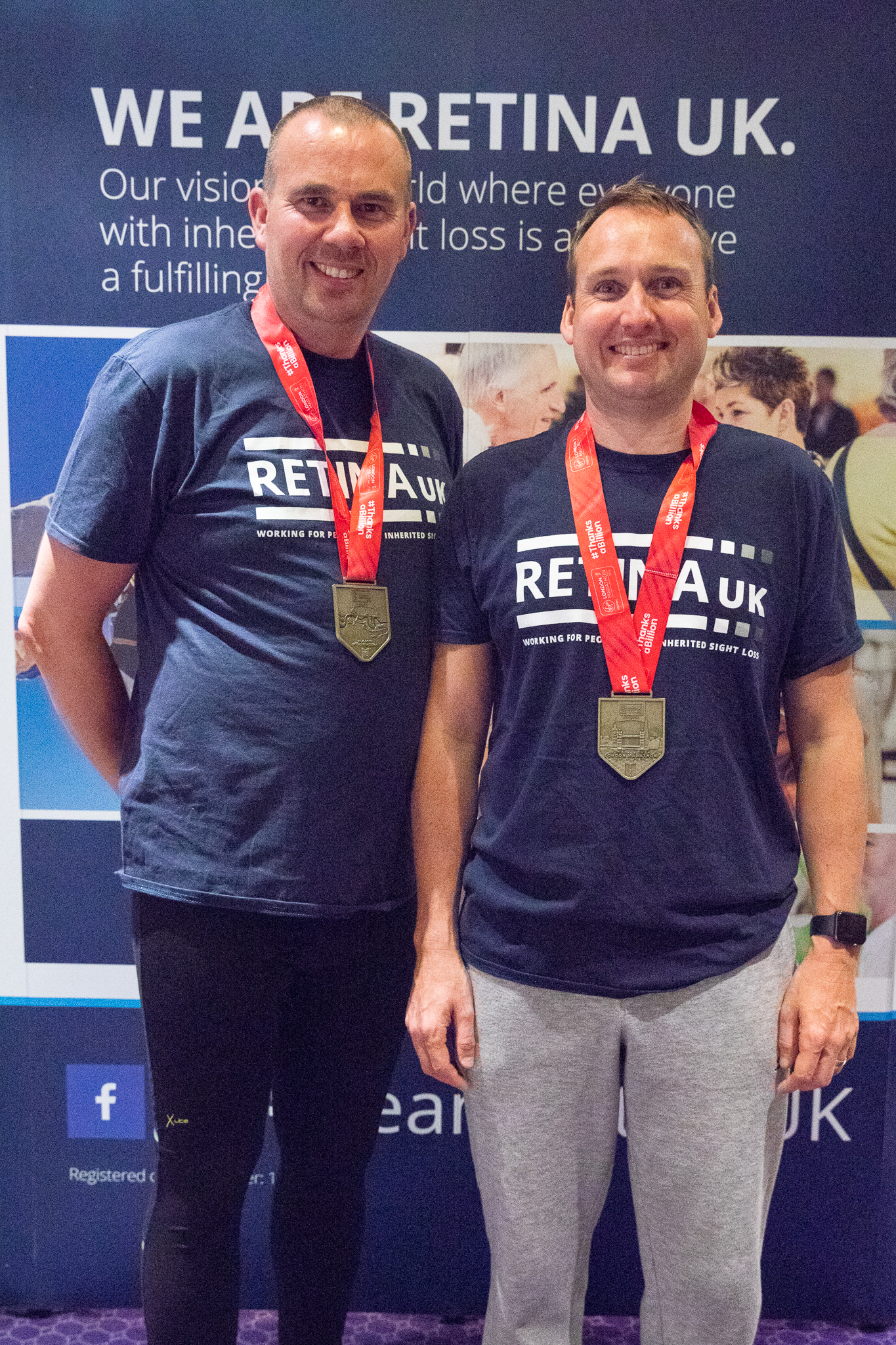
Meet our supporters: Ashley Campbell
Ashley has completed the London Marathon numerous times. He was part of #TeamRetinaUK in 2021 and talks here about his experience.
Search results

Ashley has completed the London Marathon numerous times. He was part of #TeamRetinaUK in 2021 and talks here about his experience.
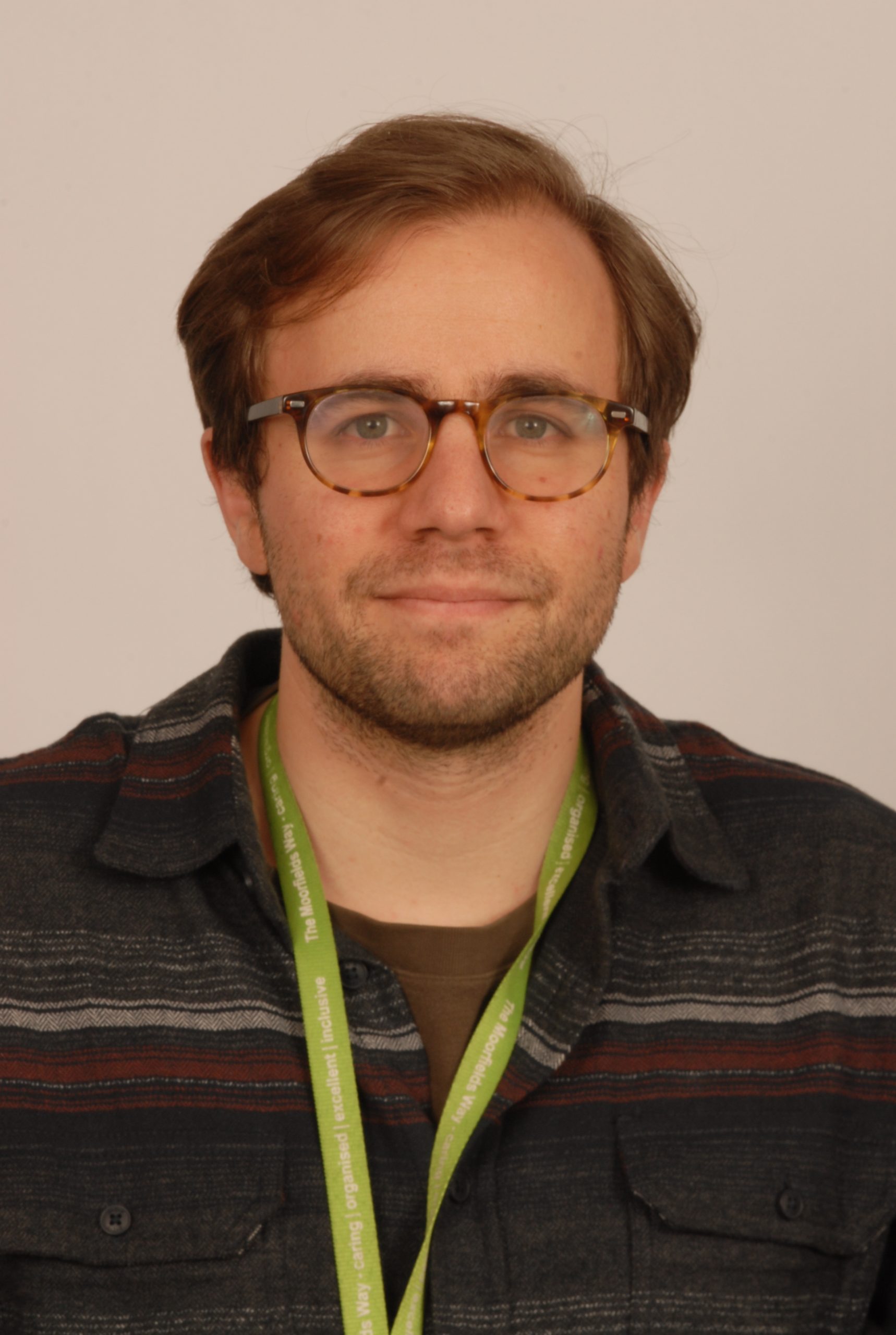
Dr Nikolas Pontikos is a Senior Research Fellow at UCL Institute of Ophthalmology, and has been working on inherited retinal conditions for several years.
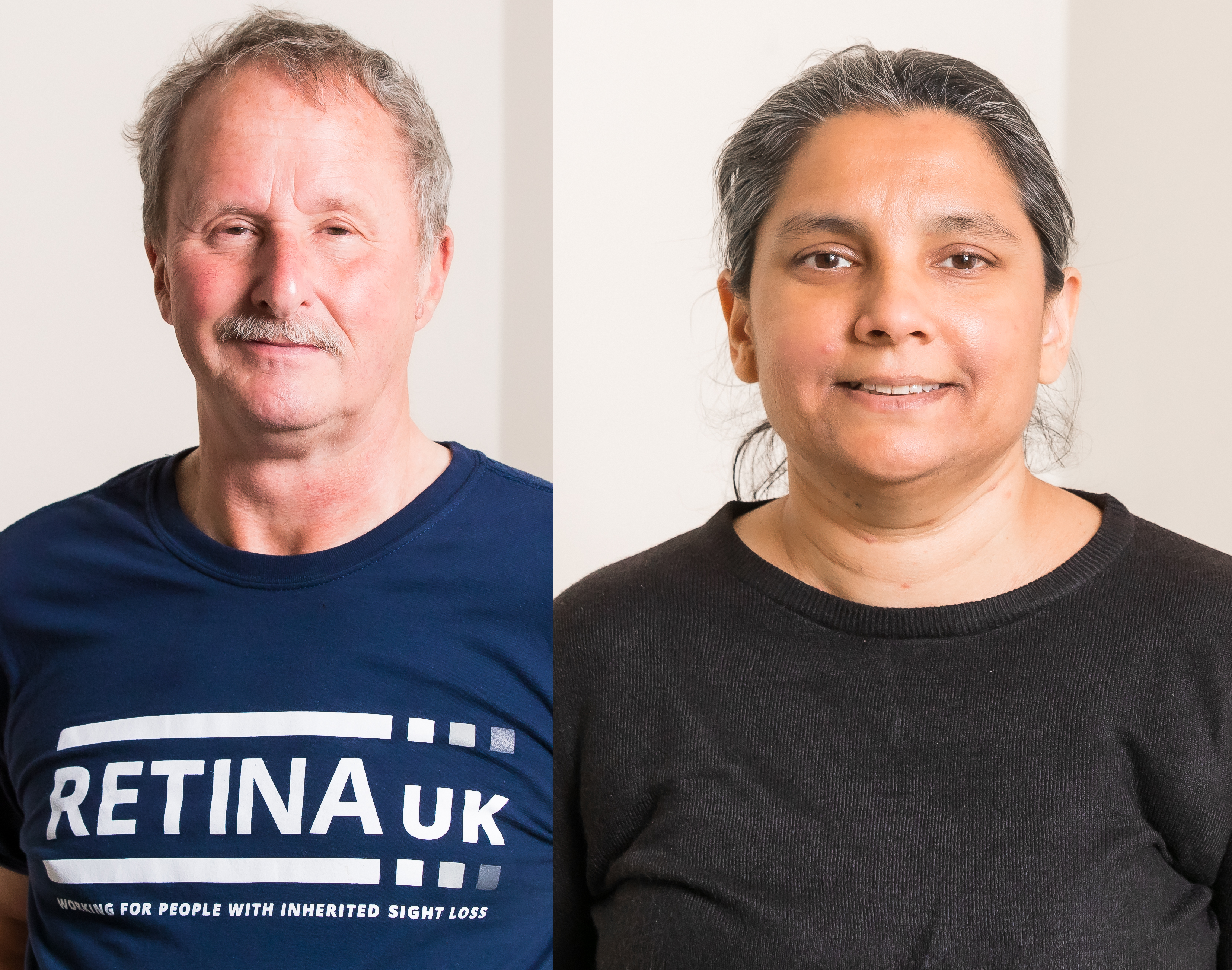
Steve has been volunteering for Retina UK since its formation in 1976 and has been a part of the Helpline team since the early 1980s.. He remembers very well a caller named Khadeja, who called the Helpline multiple times, following her diagnosis with RP in 1999.
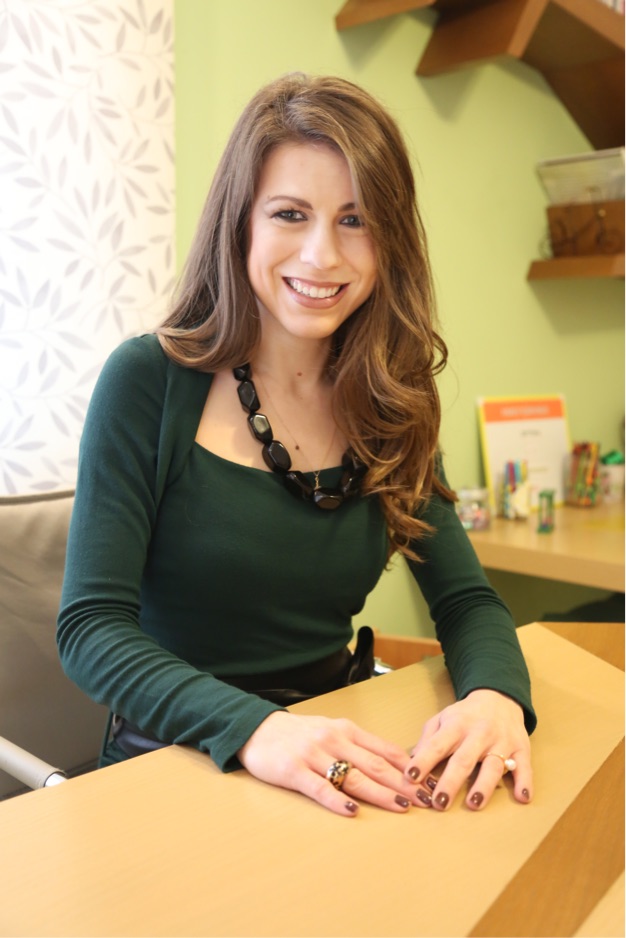
Katerina joined the Retina UK team at the start of 2023 after hearing about the charity through her involvement in a research project at the University of Bath, where she works as an academic.
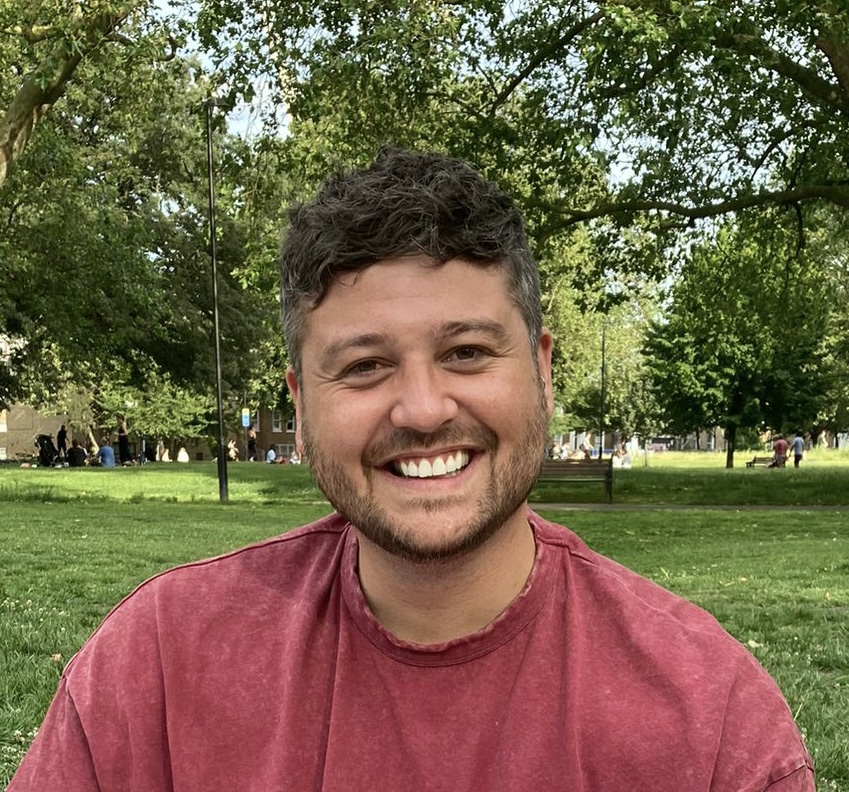
Dan found out he had retinitis pigmentosa in February 2022, but he feels it has been “on cards for years”. He said he had “an inkling something was up but never did anything about it: a typical guy I guess!”

Graeme's son is living with retinitis pigmentosa and he has decided to take on an extreme challenge - running 250km across the Sahara Desert, with 6 stages, varying in length from 21km to 82 km, over 7 days.
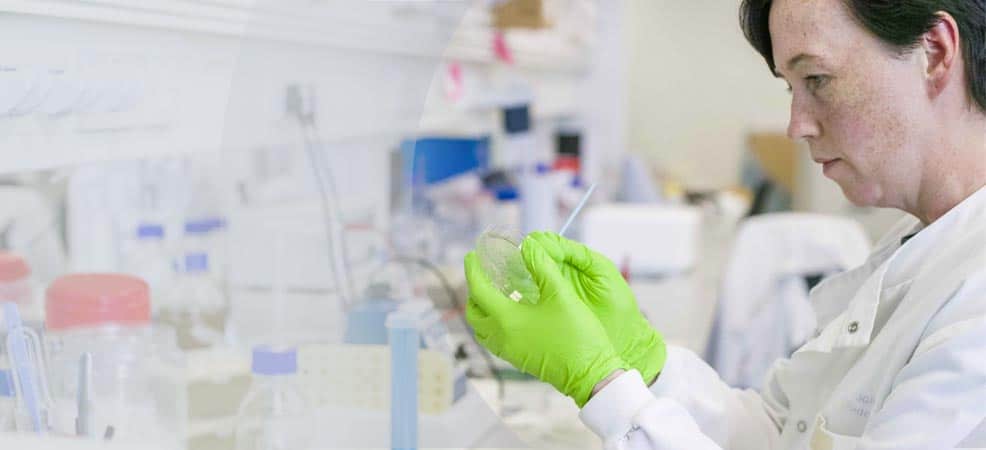
With a significant proportion of inherited retinal conditions being caused by unidentified genetic faults, and many families unable to get clear results from genetic tests in clinic, the project set out to solve previously undiagnosable cases and discover more of the genes and mutations that are associated with sight loss.
Your generous support allows Retina UK to fund the work of leading scientists who are increasing understanding of inherited sight loss and moving us closer to treatments.
As Luxturna reaches the clinic and other gene-specific therapies for inherited retinal disease get closer to the end of the development pipeline, it is becoming ever more important that affected families can access a genetic diagnosis, potentially opening up choices around treatment and clinical trial participation.

When we talk about gene therapy we are usually referring to use of a harmless virus, called a vector, to deliver a normal copy of a defective gene into the cells of the eye.